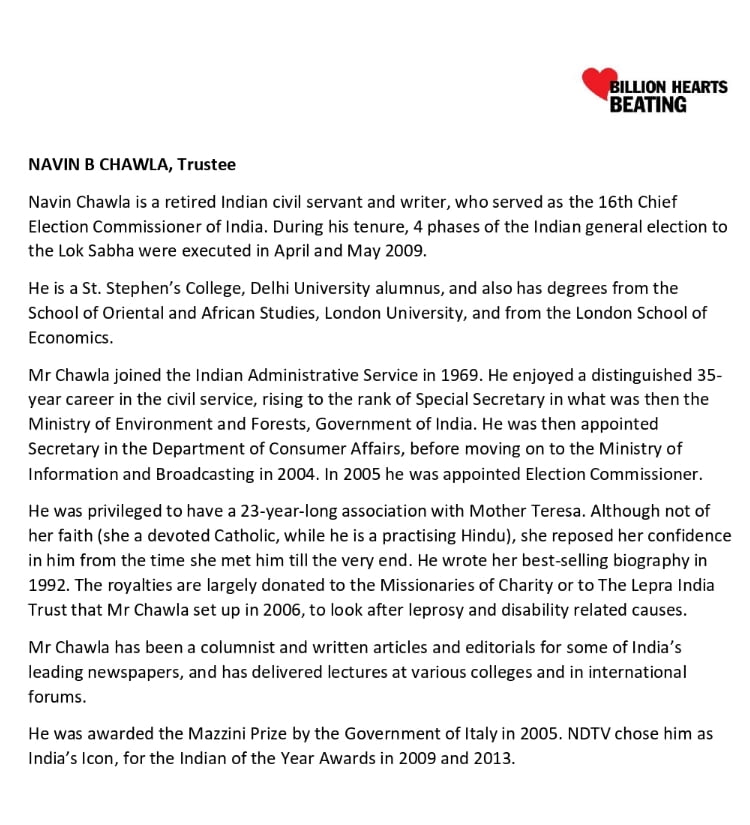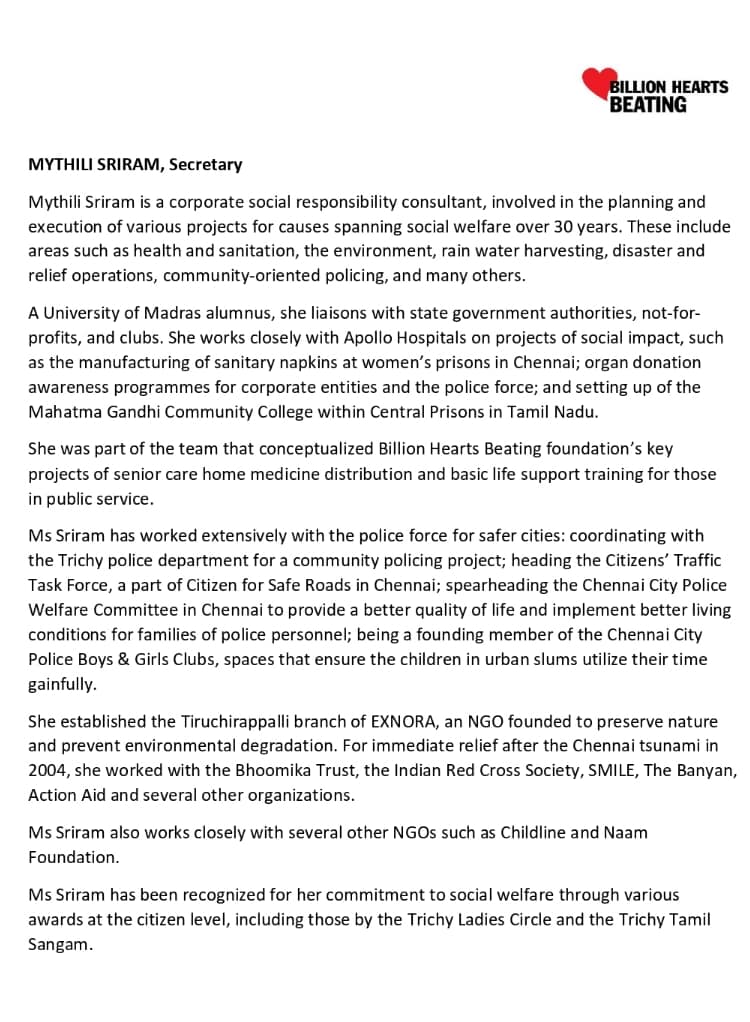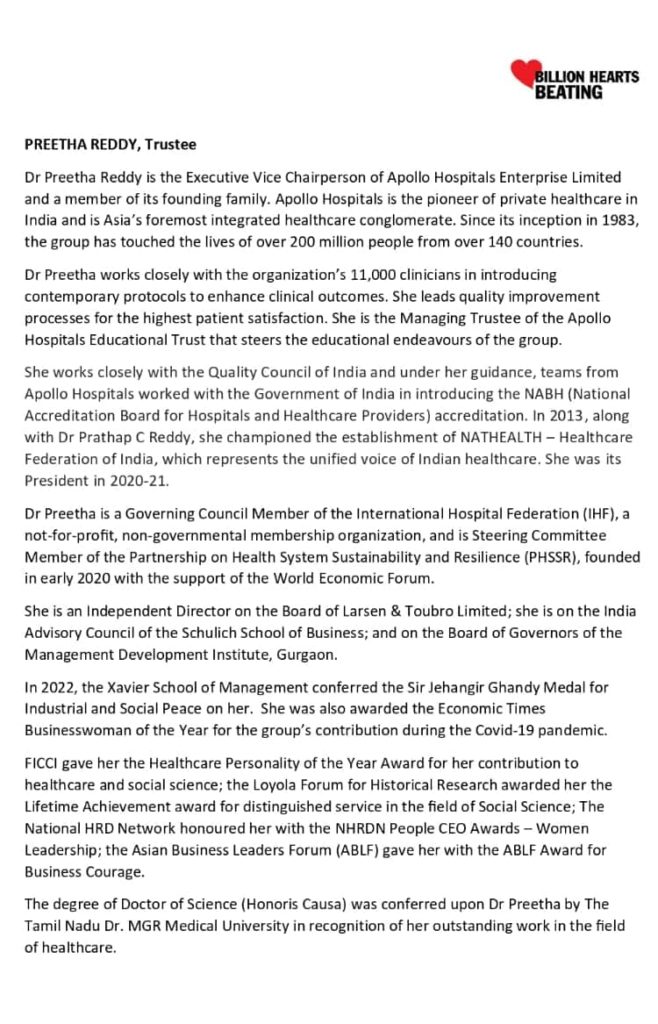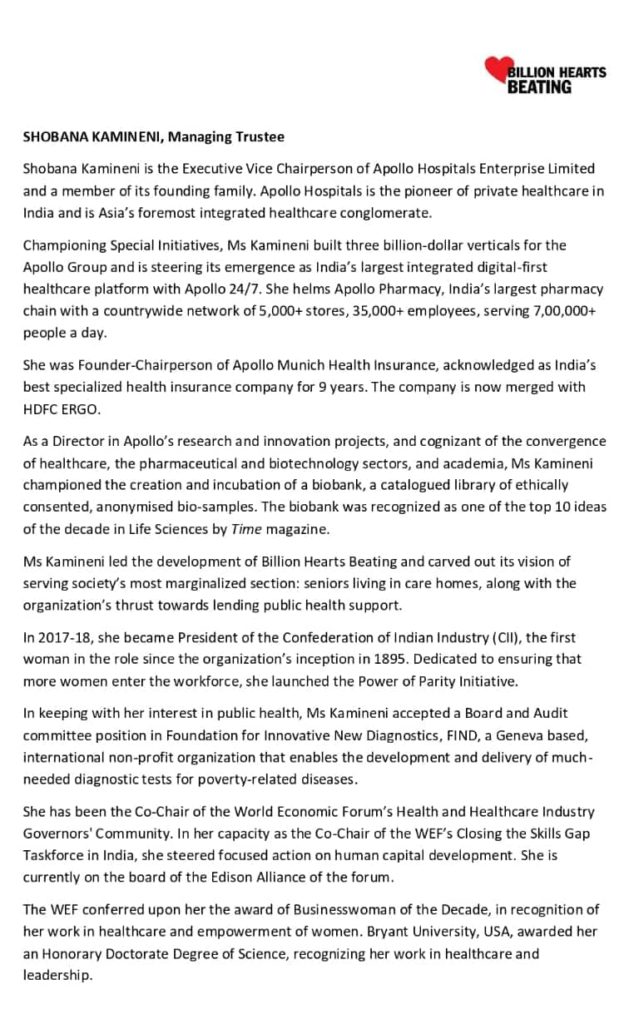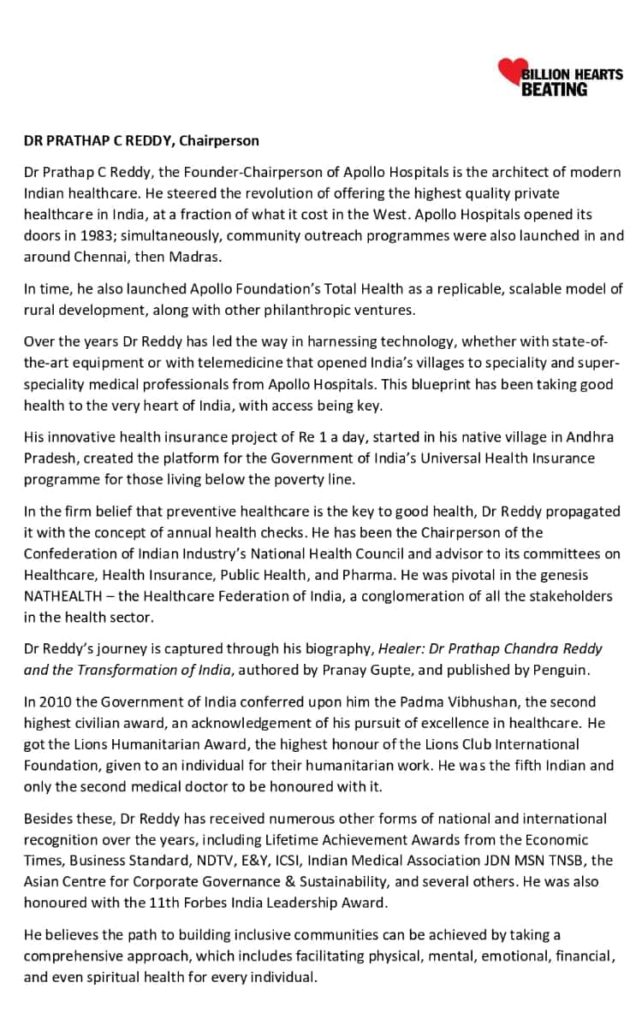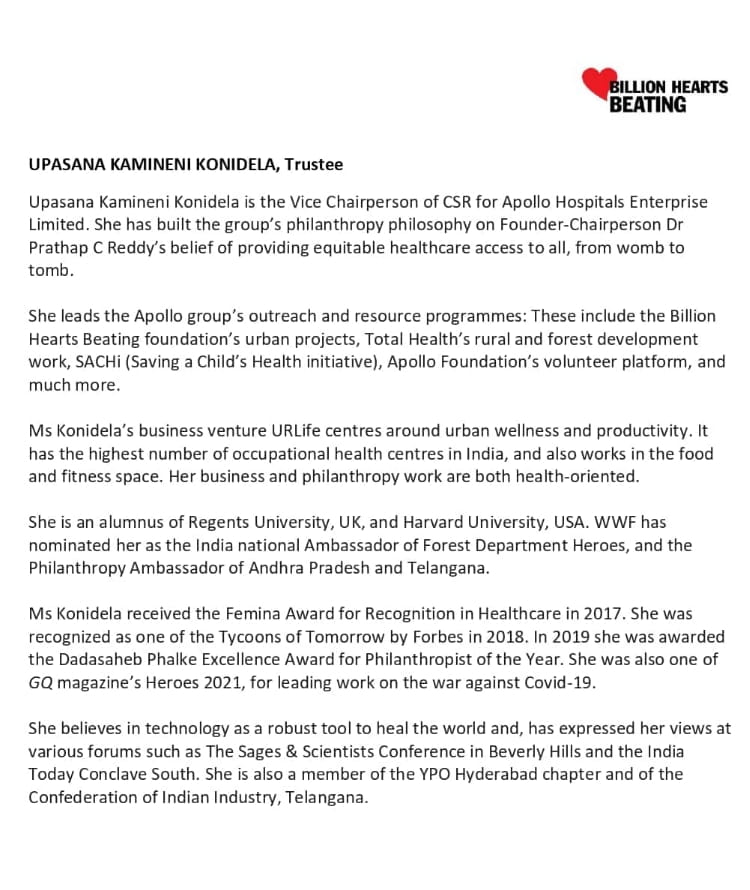
Through her life experiences, Bhuvaneshwari, 66, tells us why education is important for women to be independent and be the CEO of their life
Bhuvaneshwari V, 66, speaks in a low voice as we sit on the veranda of Shanthivanam Senior Citizens Home, in Chennai. We’re facing the small garden, as she talks, her fragility making me lower my own voice, her body language that of someone defeated.
But her message couldn’t be clearer, as she addresses all women: “Get an education; it’s the only thing that will give you courage, strength, and financial independence. Be the CEO of your life.”
Bhuvaneshwari finished school in then Madras, but being the fourth daughter of a construction labourer, did not have the opportunity to study further. “My father was unwilling to send me anywhere for a job. He thought marriage was the right thing for me because I was a woman.”
Bhuvaneshwari believes that an education could have transformed her life. “I filled in an application form to join a teacher training course, and another to enter nursing training,” she recalls. “My father refused to sign the form.” She cried the entire day, feeling powerless.
In a moment of self-preservation, she did get herself an apprenticeship at a government press, but her father forced her to quit, fixing her wedding to a tailor.
That first experience with patriarchy extended into her marriage: her husband made her his assistant, and she stayed that way through their married life, which lasted 38 years. “My husband only saw me as a servant; we lived as roommates,” she says, talking about how he loved another woman, and decided to get a vasectomy without consulting her. If she questioned him, he’d resort to physical violence. “Those were my darkest days.” Her marriage chipped away at her self-esteem, and she shrunk both physically and in the way she began to think about herself.
She says she had neither the confidence nor the power to think of a divorce. “Divorce is a privilege. Can all women make effective use of the law?” she asks, rhetorically. “Divorce was something I couldn’t even think of back then. In our time, it would do more harm than good to women, who would be shunned by family and friends, and spoken ill of. The mental torment endured by women after a divorce would be worse than the physical harm done by their husbands. Also, I had no awareness about the law.” Plus, she wasn’t financially independent.
Today, she says, “I’m completely numb to pain and suffering.” Thinking back, she believes if she had got an education and a job, she would have had more access to resources, and a lot more respect from society. “At least I may have known how to approach the court to get a divorce.”
As I listen to her, I am thankful for my own education. But I also sense a need within to help women who were prevented from accessing the basic right to education: women who face domestic abuse in both physical and emotional ways. No one deserves to be subjected to any sort of violence simply because they do not know how to stop it.
Bhuvaneshwari has me thinking: Is education alone enough? It’s the first step. Women need to know about legislation, money management, and have self defence skills, in order to feel fully free.
The Billion Hearts Beating Foundation gives senior citizens in India access to healthcare, allowing them to live dignified lives.
Billion Hearts Beating Foundation is a not-for-profit organization that provides India’s underserved communities with healthcare and health awareness programmes.
